Ethiopia on the brink of civil war
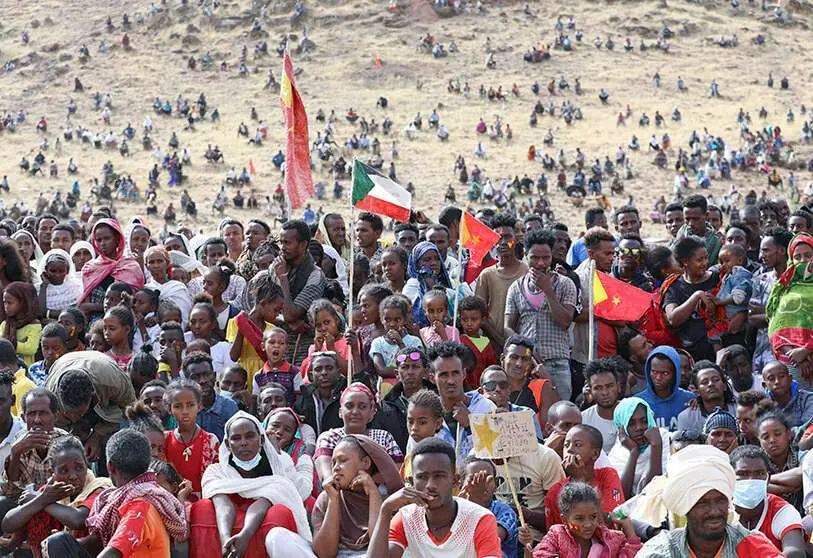
"The army has managed to repel the offensive of the Tigray People's Liberation Front". With this statement, Ethiopian Prime Minister Abiy Ahmed declared that the northern part of the Tigray region was under control after the alleged attack by the TPLF on a military base. Since that day, internet access and communications with the outside world from Tigray have been cut off, making it very difficult to know what is happening in the region.
According to army sources, the attack was justified by an attempt by the TPLF to steal artillery and military weapons. However, the TPLF has strongly denied this offensive and has branded it as an excuse for Ahmed to give the green light for the military attack on the Liberation Army. The government army's response has been clear, sending troops and bombing Mekelle, the capital of Tigray. On the same day as the bombing, the federal government declared that it had taken control of the town of Dansha. In response, the TPLF mobilised all its troops, a move that President Debestion Gebremichael justified as a response to preserve their existence as they are "prepared to be martyrs".
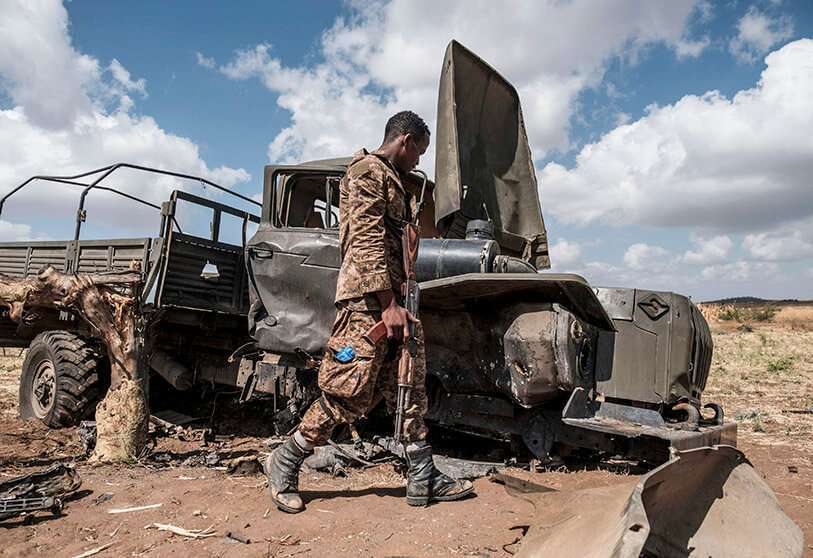
Following this, Tigray bombed Eritrea in an offensive in which there are no official figures for the number of dead or wounded on either side, thus silencing a war that is beginning to take its first steps towards becoming an international conflict, provoking the African Union to act. In addition, the Ethiopian army accused WHO Director-General Tedros Adhanom Ghebreyesus of supporting the TPLF.
Following the difficult accessibility in the area to get information and to know what is happening, the media is keeping a news blackout on a conflict in which accusations of genocide are being voiced. US Secretary of State Antony Blinken has accused the Ethiopian army of ethnic cleansing of more than 600 civilians in the Tigray region during its offensive against TPLF rebels. The Ethiopian Foreign Ministry has rejected these accusations, saying that 'the allegations of ethnic cleansing of Tigrayans by US Secretary of State Antony J. Blinken are a completely unfounded and spurious verdict against the Ethiopian government'.

According to various sources, these offensives are seen as revenge for the holding of unauthorised elections in the region that would continue to give power in the area to the Tigray ethnic group. The fact that the Ethiopian government decided to postpone the elections because of the pandemic provoked the indignation of the Tigray, who have been demonstrating against recognising any federal authority since 5 October, the date on which Ahmed's mandate would normally have come to an end.
This event was also linked to the Tigrayan population's interest in secession. Despite making up only 5% of the population, the Tigrayans were the dominant ethnic group in power for 30 years after defeating the communist regime of the Provisional Military Administrative Council, the DERG, in the 1990s.
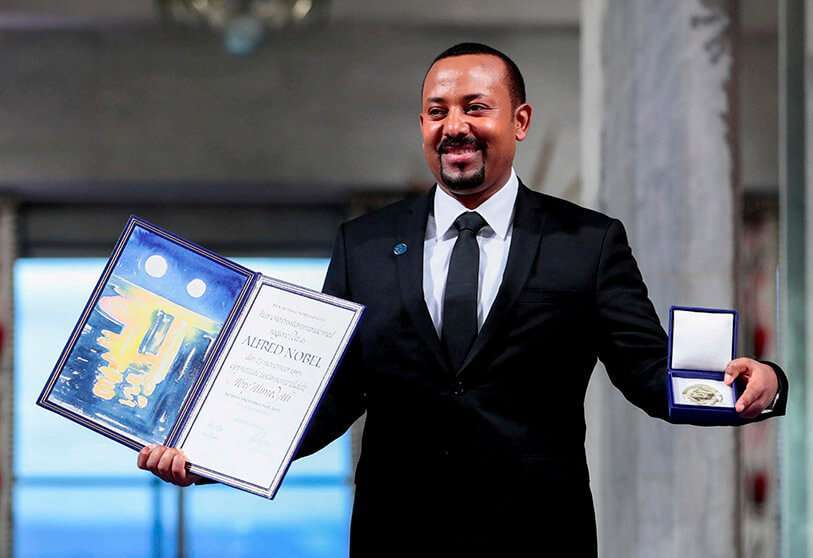
Since the victory, governmental power has rested with the Tigray ethnic group, shared between the Oromos and Amharas, with the current Ethiopian Prime Minister, Abiy Ahmed, being from the Oromos ethnic group. This caused the Tigray to lose their influence in the rest of the country. Moreover, the Tigray consider themselves to be direct descendants of the mythical Kingdom of Sheba, which has provoked the enmity of the Ethiopians. So much so that the prime minister went so far as to call the Tigray "arrogant".
Ethiopia, along with Liberia, is one of the few African countries that have not been colonised, with the exception of the Italian occupation by Mussolini's troops in 1941. In this country, ethnicity is a sign of identity that signifies everything between society and politics. Along these lines, Ethiopian territory is divided into killoch, depending on each ethnic group. At present, there are 10 killoch in which more than 80 ethnic groups live together.
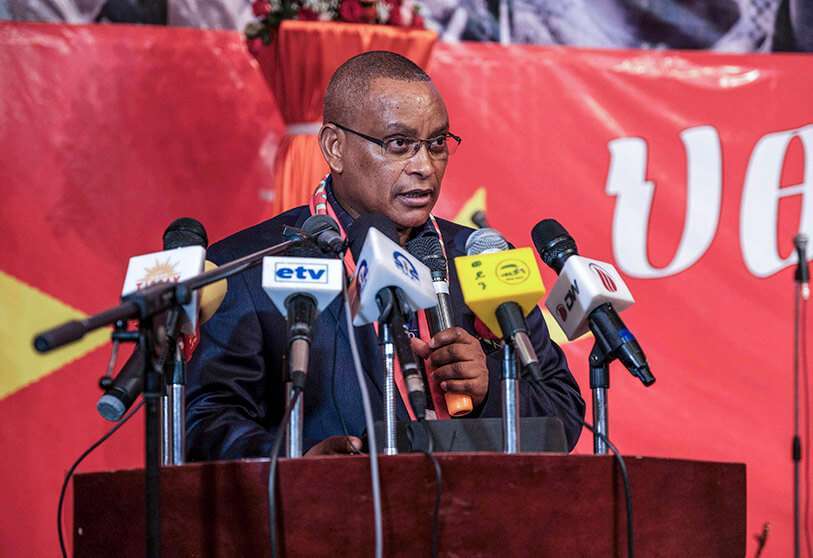
Ahmed's arrival once again led to tensions between the different ethnic groups, who are used to inter-ethnic rivalries and vendettas in their own history. However, the prime minister looked set to transform the situation as he signed peace in Eritrea after being at war with the country for 30 years. In addition, he removed laws that censored the media in favour of freedom of information and expression. In addition, Ethiopia's constitution upholds the right to self-determination of peoples, which the minister has successfully enforced.
These measures led to Ahmed being awarded the Nobel Peace Prize in 2019. However, the current situation is very different after multiple accusations of offensives and oppressions against the Tigray ethnic group, reported by Amnesty International. In addition, Ahmed has again cut internet and telephone services in Tigray areas.

However, the Tigray are not the only ethnic group to oppose the leader. Although Ahmed belongs to the Oromo ethnic group, the Oromo have taken to the streets to protest against the government's intentions following the murder of Oromo activist Hachalu Handessa.
The United Nations and the European Union have urged both sides to de-escalate the conflict, without taking sides, but showing concern about a new wave of refugees. To this must be added the tension in the surrounding countries due to a more than likely internationalisation of the conflict. Until now, Ethiopia had been one of the leaders of the African Union Mission in Somalia (AMISOM) after having achieved major victories against the insurgency in recent months and achieving a rapprochement of positions between the various political factions fighting for power in the country.
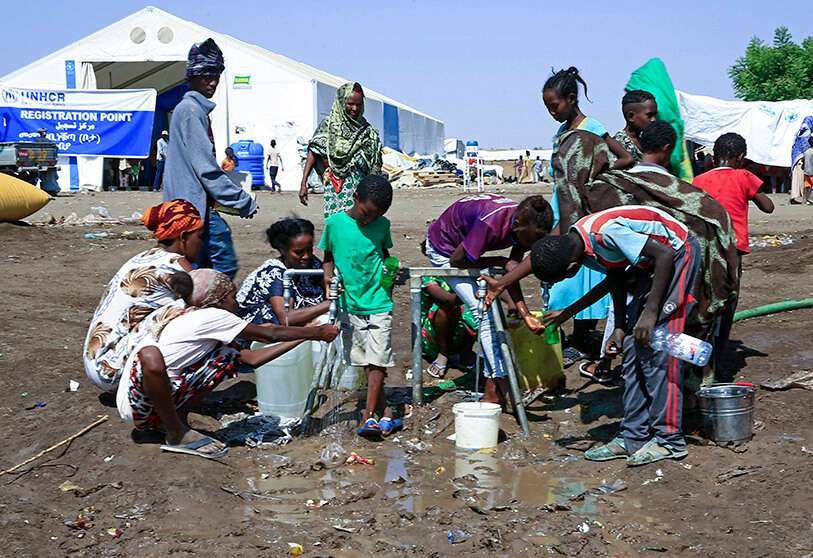
In this sense, Ahmed should return to his initial roadmap with Tigray in order to maintain peace and address the internal Ethiopian crisis. However, this is not likely to happen as Ahmed has not negotiated with the opposition and has excluded Tigray from participating in the upcoming elections. In addition, he has disarmed the ethnic group and has purged the Tigray in the areas of administration.
In view of this situation, and according to various international analysts, we could find ourselves in a civil conflict, marked by strong confrontations between ethnic groups. The community sentiment that exists in the Tigray region and the discontent towards Abiy Ahmed's centralism has led to a complex conflict, in which various actors intervene, as well as being conditioned by strong cultural roots.

This conflict could be further damaged if neighbouring countries decide to intervene. Moreover, cutting off telecommunications could lead to an even more violent and bloodthirsty escalation, since without access to the network, the crimes perpetrated would go unpunished at the legal level, as well as making it difficult to monitor the conflict. In the absence of proper monitoring, it would not be possible to carry out common actions at the international level, which would make it more difficult to implement a peace process in the country.








